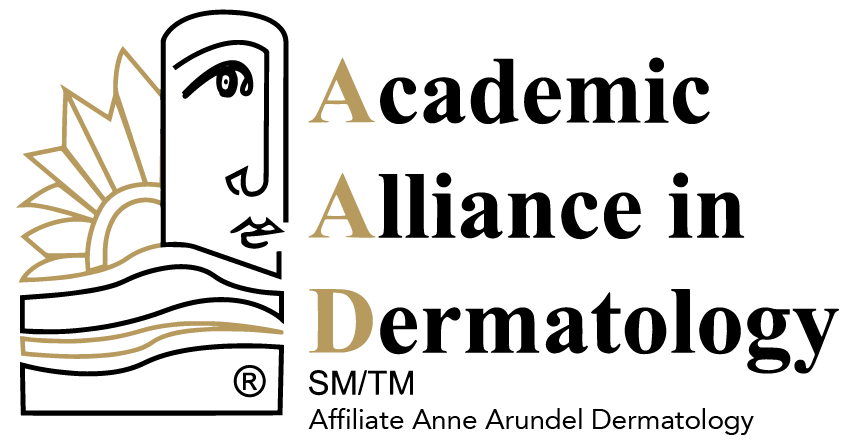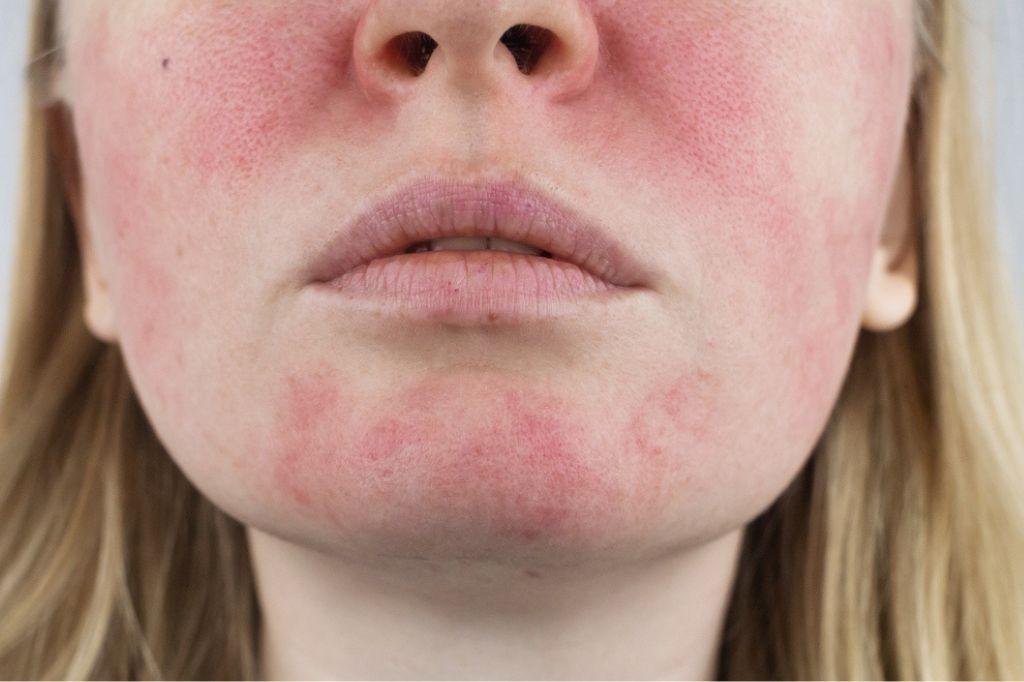Everything You Need To Know About Eczema
October is Eczema Awareness Month, a time dedicated to raising awareness about the skin condition that affects over 16 million people in the U.S. alone. In this article we will discuss the theme of this year’s Eczema Awareness Month and get you up to date on everything you need to know about the condition, including what eczema, common symptoms of eczema, and how this skin disease is treated.
We all start to “think pink” because of breast cancer when October rolls around, and rightfully so, but did you know that October is also Eczema Awareness Month? Eczema Awareness Month was created to bring awareness to the over 30 million people in the U.S. living with eczema. In this article we will discuss the theme of this year’s Eczema Awareness Month and get you up to date on everything you need to know about the condition, including what eczema, common symptoms of eczema, and how this skin disease is treated.
What is Eczema Awareness Month?
Each year in October, the National Eczema Foundation chooses a theme for Eczema Awareness Month to share education, awareness, and statistics around eczema as well as to reduce the stigmas associated with the condition. The theme this year for Eczema Awareness Month is “The Real Eczema”, which will combine with the #UnhideEczema campaign to encourage an open dialogue about the disease.
What is eczema?
The biggest factor in successfully raising awareness about eczema is making sure that people understand what the disease actually is. Eczema is a dermatological condition that causes patches of the patient’s skin to become inflamed, itchy, red, cracked, and rough. Contrary to what most people think, “eczema” is actually an umbrella term that encompasses a group of skin conditions that cause your skin to become red, irritated or inflamed, and may even cause blisters. Atopic dermatitis is the most common type of eczema, but is also referred to as just “eczema.”
Symptoms of Eczema
The telltale symptom of any form of eczema is itchy skin, which can begin before a rash or patch forms. Rashes usually appear on the face, back of the knees, wrists, hands, or feet. It may also affect other areas as well. Areas affected by eczema can appear scaly and raised. The may also be red or darkened pigmented, depending on your skin tone.
Eczema Treatment
Despite the overall itchiness and discomfort, many people do not seek treatment for their eczema and opt to just “grin and bear it” when it comes to dealing with the condition – using heavy lotions and wearing sleeves and pants whenever possible to hide their skin. But as the “Unhide Eczema” campaign states, eczema is nothing to be ashamed about, and even more importantly – it’s treatable! Here are some forms of common eczema treatment:
- Over-the-counter products, such as hydrocortisone cream or other prescription creams and ointments containing corticosteroids
- Antihistamines to alleviate itching
- Phototherapy using UV light rays can be used to treat eczema
- Prescription medications
If you have been suffering from the uncomfortable itchiness of eczema, talk to an eczema specialist at Academic Alliance in Dermatology about the best treatment for your eczema, as well as lifestyle changes or other changes you can put into place to help lessen the severity of your symptoms and improve your quality of life. Everyone should feel confident in their skin, and eczema shouldn’t keep you from accomplishing that!




